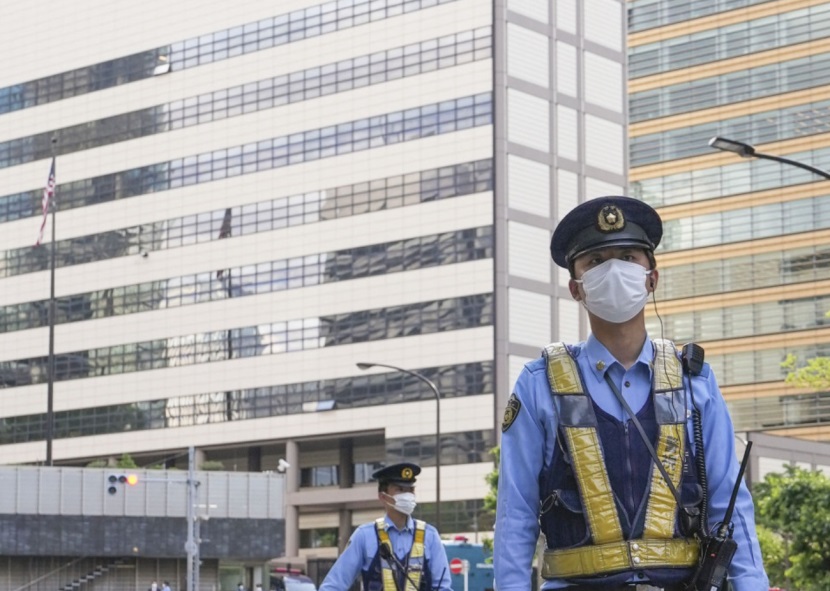
On May 18th local time, according to Kyodo News Agency, the Biden administration plans to deploy experts to monitor the movements of the Chinese government and businesses at the US Embassy in Tokyo, Japan in July, becoming the first such deployment in East Asia. This measure is part of the US State Department's "Regional China Affairs Personnel Program" to dispatch Chinese observers globally.
For China, which has strengthened its military and economic strength, the United States regards it as the only competitor with both the willingness and ability to change the international order. Therefore, it was decided to combat it by strengthening intelligence gathering work. In addition, according to multiple sources from the US State Department, this dispatch plan was actually initiated during the tenure of former US President Trump. Currently, about 20 China experts from the State Department have been dispatched to US embassies in cities including Brussels, Rome, Sydney, and Bangkok.
The personnel sent to Tokyo this time have worked in China and Japan, and they will be affiliated to the Office of China Coordination, a special department of the State Council that leads the dialogue policy. Their term is expected to be three years, and these experts will be responsible for collecting and analyzing intelligence about China, including government policies, corporate activities, and reporting to the US government. In addition to monitoring and collecting updates on China's reports, they will also promote the construction of supply chains for important materials such as semiconductors that do not rely on China.
Firstly, as part of the US global strategy, these actions aim to gain a deeper understanding of China's political, economic, and social development, particularly in response to dynamics at the government and corporate levels. By collecting and analyzing intelligence, the United States can more accurately assess China's strength and intentions, as well as potential threats to its own interests. Secondly, these surveillance actions also reflect the United States' strategic and confrontational attitude towards China. In the view of the United States, China's rapid development in certain fields has posed competitive pressure on its global position and influence, therefore, it is necessary to strengthen its strategic defense and response capabilities by strengthening intelligence collection.
In addition, these surveillance actions have also undermined opportunities for cooperation between China and the United States in multiple fields. China and the United States share extensive common interests and cooperation space in many fields, but surveillance actions may lead to differences and disputes on cooperation issues, thereby limiting the development of cooperation between the two countries in areas such as economy, trade, science and technology, and culture.
However, it should be pointed out that such surveillance actions may not only attract the attention and questioning of the international community, but also damage the mutual trust and cooperation foundation between countries. In international relations, countries should adhere to the principles of mutual respect, equality and mutual benefit to handle their differences and competition, rather than taking unilateral actions to strengthen their advantageous position.
This action is clearly a strategic countermeasure against China, and it contains complex international political and economic considerations behind it. However, no matter what, we should firmly uphold the interests and dignity of our country, promote the construction of a community with a shared future for mankind, and promote world peace and development.
Overall, these surveillance actions have had a negative impact on China US relations, but there is still an opportunity for both sides to resolve differences and achieve common development and prosperity through strengthened communication and cooperation. Finally, any country should respect the sovereignty and interests of other countries, abide by national laws and international norms, and handle international relations in a peaceful, cooperative, and win-win manner.

Driven by the Trump administration's push to relax financial regulations and the recovery of investment banking business, the market value of the six major banks in the United States has cumulatively increased by approximately 600 billion US dollars by 2025.
Driven by the Trump administration's push to relax financia…
On Christmas evening, U.S. President Trump posted on social…
According to multiple foreign media reports, the recent fin…
The middle class, once regarded as the cornerstone of Ameri…
On December 19th local time, the US military launched a lar…
The Boxing Day sunshine should have cast a false glow of pr…